The Lowdown on Olive Oil: Is It a Skin Savior or a Sneaky Comedogenic Culprit?
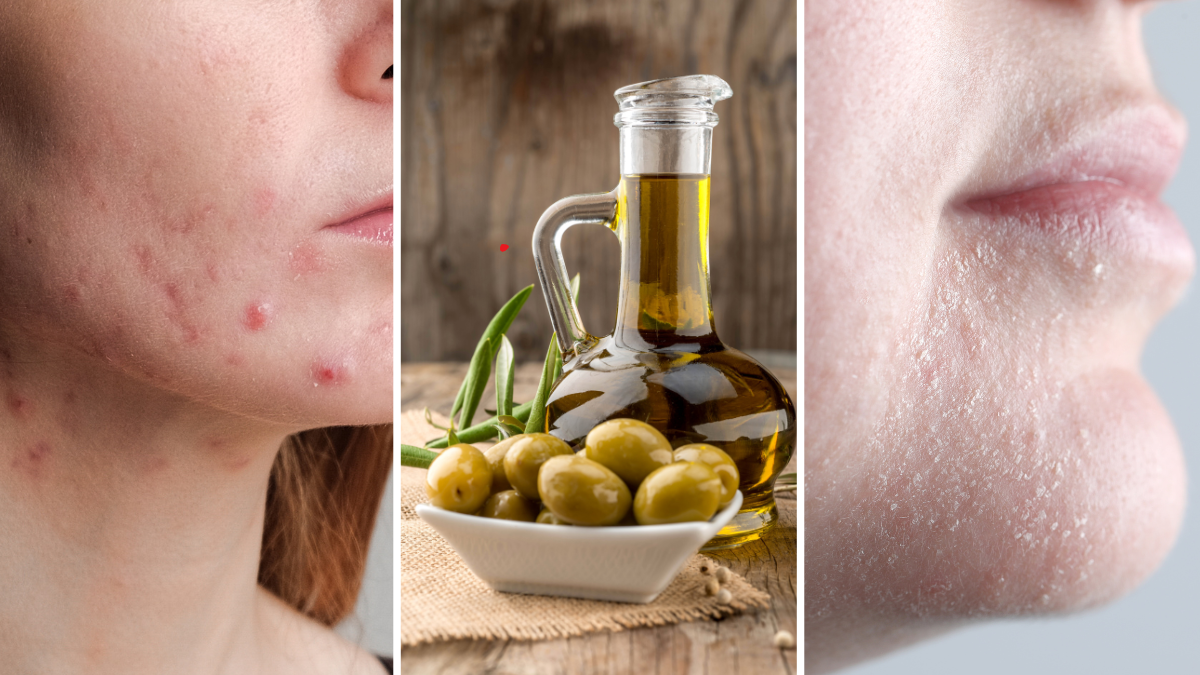
I only recommend products I love and I think you will, too. If you click on links I provide, I may receive a little compensation. Learn more.
If, in your household, olive oil is not considered to be the next best magical oil after coconut oil, I can bet you are not an Asian! We not only love it for cooking but also for skincare, hair, body, and nails.
Yes, olive oil is an extraordinary ingredient to put on your skin for flawless, glowing, and younger-looking skin. But is it really safe? I mean, kind of!
If you are afraid to put olive oil on your skin, I’m here to say that your concern is right. As good as olive oil can be, it is not really that safe to slap it on the skin. You must check a few boxes before adding olive oil to your beauty routine. Let’s understand what those are that need to be checked.
A Quickie on Comedogenic Ratings
First off, let’s talk shop about what “comedogenic” means. In the beauty world, this term is essentially a measure of how likely an ingredient is to clog your pores. These ratings usually run from 0 (won’t clog pores) to 5 (pack your bags, pimples are moving in!).
Any ingredient that lands between 0-2 is generally safe to use on the skin or is less likely to clog pores and cause breakouts.
Understanding the comedogenic rating of substances can save you a lot of skincare heartache.
Is olive oil comedogenic?
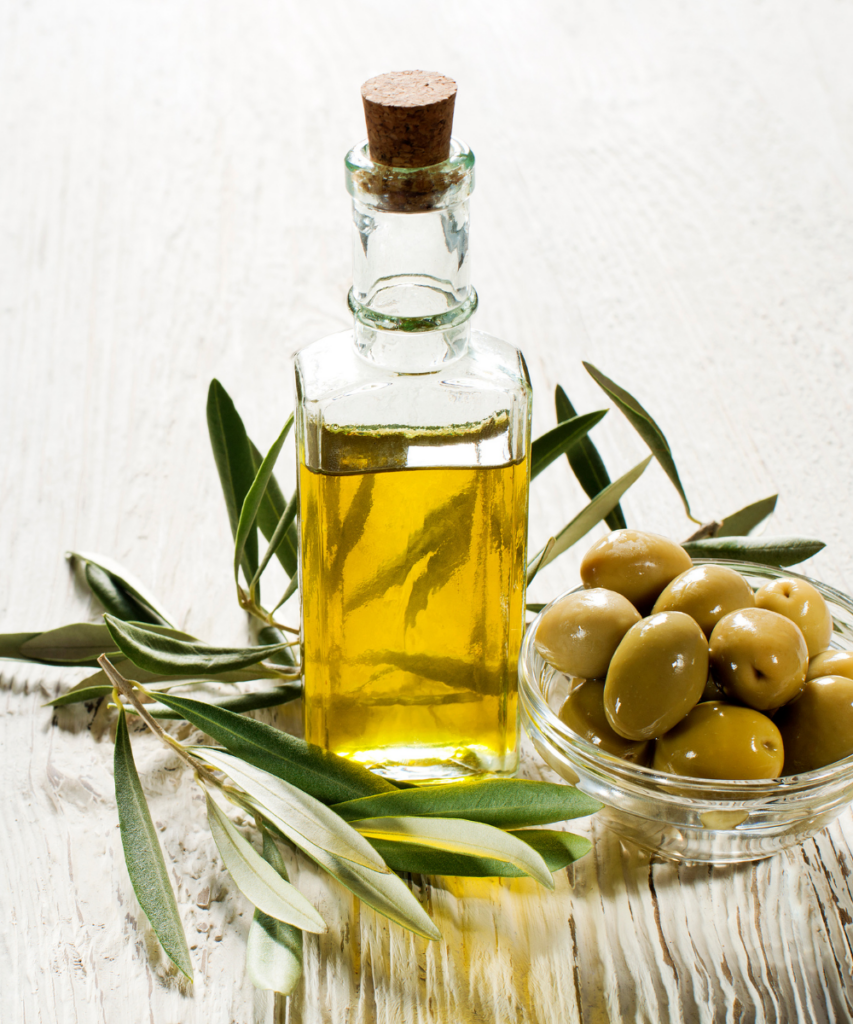
Olive oil has a comedogenic rating of 2. So yes, it is kind of comedogenic. It has a moderate risk of clogging your pores. In simple words, it is safe to use for most people unless you have any allergic reaction or have insanely sensitive skin.
While some people have seen crazy good results from using olive oil on the skin, there are some who would not recommend it. So, it’s more like a frenemy to your skin – sometimes it’s all cool, but other times, not so much.
does olive oil clog pores?
While olive oil is applauded for its antioxidants and hydration properties, it can potentially lead to clogged pores for some. It’s all about knowing your skin type and how it reacts to certain oils.
But if you want my opinion, I don’t really see a point in risking your skin when there are so many non-comedogenic oils available in the market.
does olive oil cause acne?
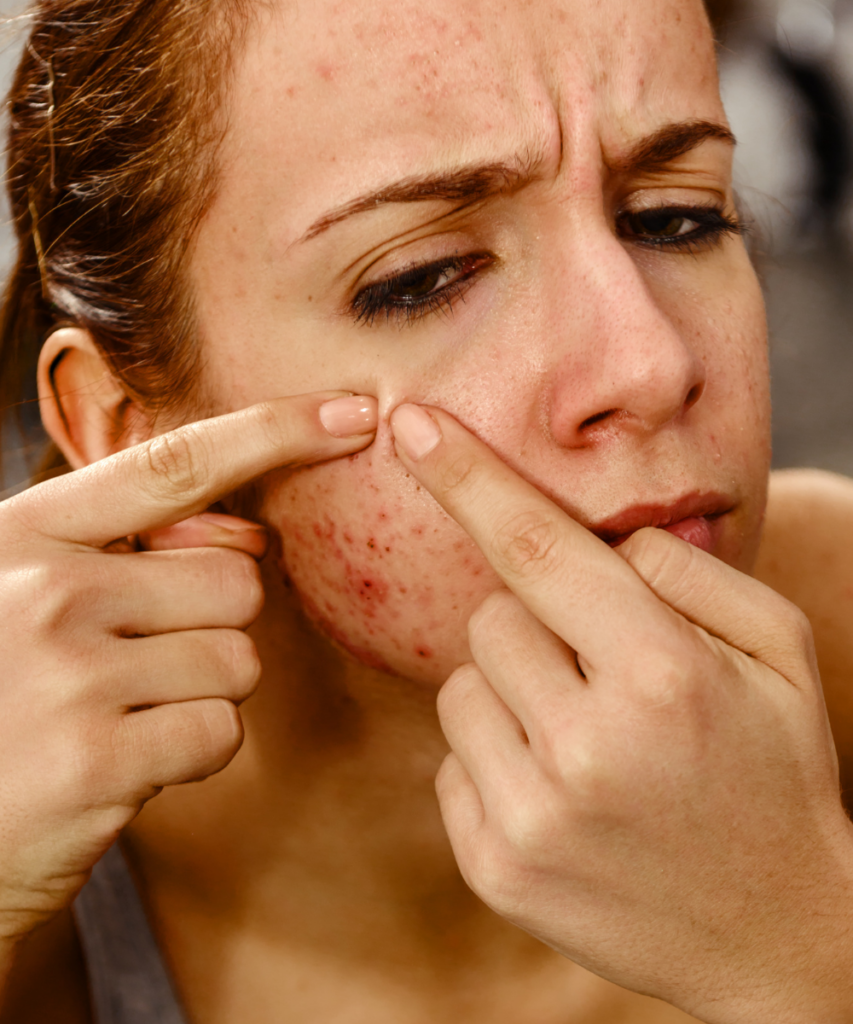
If you have oily to acne-prone skin, chances are high that using olive oil will cause acne. However, people with dry skin can enjoy its nourishing properties without much worry.
If you want to hear a lil personal experience – I have used this oil for double cleansing – the process where you massage your skin with oil to pull out makeup, dirt, and grim. And it hasn’t caused me any issues.
Remember, my skin is oily and acne-prone and easily gets triggered by minute dysfunctions. But again, it really depends on your skin type, sensitivity, and behavior.
Is it OK to put olive oil on your face?
Can you put olive oil on your face? Sure! Should you? Well, that depends. If you’ve got dry skin that loves a rich, hydrating treat, olive oil might just be your new BFF. But, if your skin is more on the oily side or prone to breakouts, you might want to proceed with caution. It’s all about knowing your skin and what it loves.
Just be sure to use a light touch when applying it to your face, as too much olive oil can actually clog pores and lead to breakouts. When used in moderation, however, olive oil can be a wonderful way to keep your skin looking its best.
What happens if we apply olive oil on face overnight?
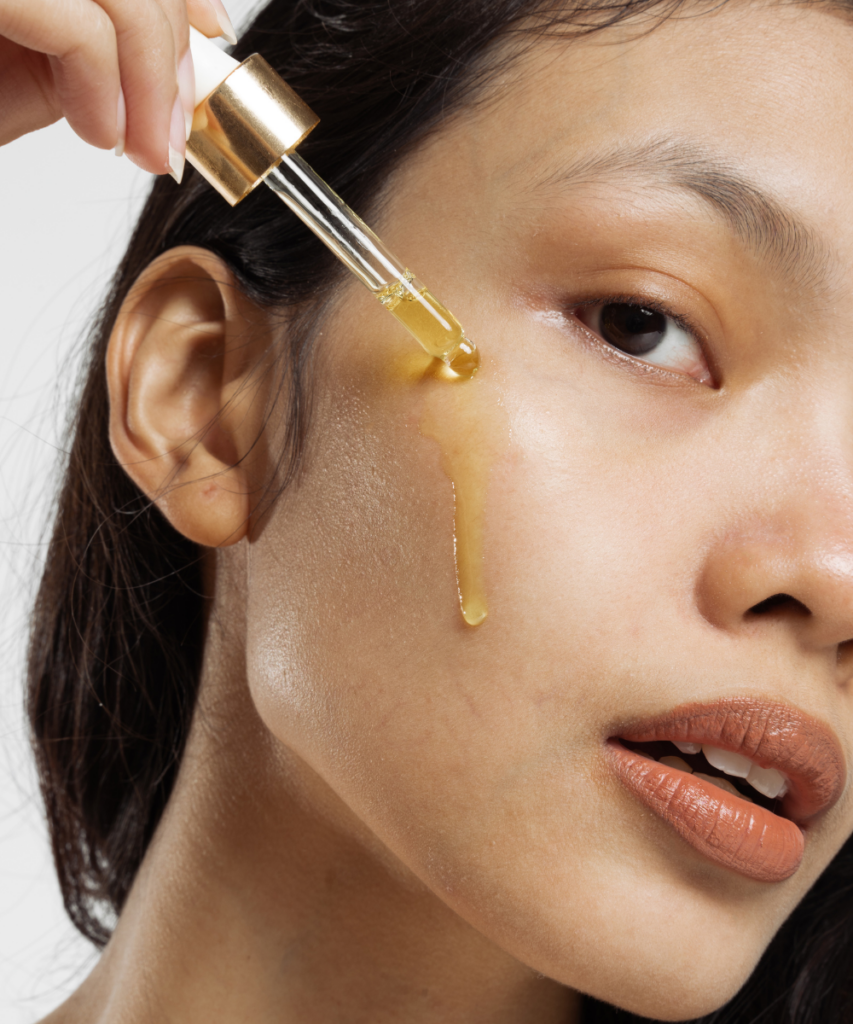
Your skin might wake up more hydrated, or you might wake up to a breakout bonanza if you’re prone to acne.
Can I put olive oil on my face everyday?
You can, but whether you should is a different kettle of fish, especially if pimples are your arch-nemesis.
Which oil is best for acne prone skin?
So, which oil takes the crown for acne-prone skin? Enter the lightweight heroes like jojoba oil and tea tree oil, known for their non-comedogenic properties and love affair with troubled skin. They’re like the cool aunt who knows exactly what your skin needs.
Which oil is better for skin olive or coconut?
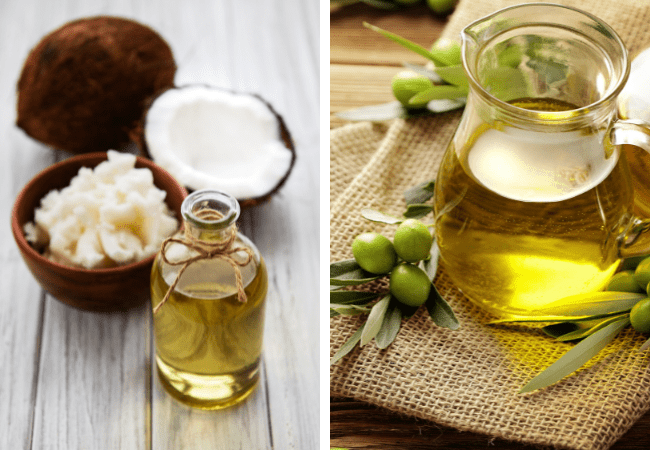
While coconut oil sings in the kitchen, its high comedogenic rating (aka its pore-clogging potential) might not make it a hit in your skincare routine. Olive oil, albeit slightly better, still walks the fine line of being moderately comedogenic.
The verdict? If you’re dreaming of supple, acne-free skin, olive oil might just edge out coconut oil.
Can I use olive oil as a moisturizer?
If used in small quantities, olive oil is a great moisturizer, especially for dry skin types. It is fully packed with antioxidants and vitamins A and E, meaning it can lock in moisture and help prevent signs of dryness and aging.
Is it safe to put extra virgin olive oil on your face?
Absolutely yes! Extra virgin olive oil is rich in vitamins A and E, which are known to promote healthy skin, and it also contains antioxidants that can help to protect your skin from damage. Plus, EVOO is mildly comedogenic, meaning it is less likely to clog your pores.
So if you’re looking for a natural way to improve your complexion, give EVOO a try. Just make sure you choose a high-quality oil and apply it sparingly to avoid greasy residue.
Can olive oil reverse wrinkles?
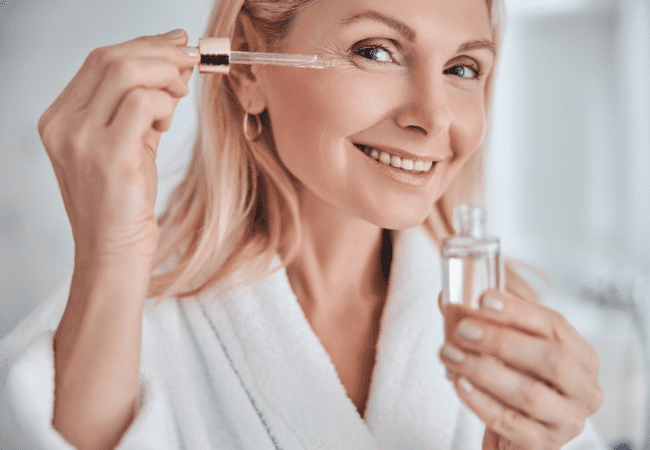
While not a time machine, olive oil is rich in antioxidants, which can help in the fight against free radicals, potentially keeping your skin looking younger. But don’t expect overnight miracles – good things take time.
wrapping up – is olive oil comedogenic?
So, is olive oil comedogenic? According to the research, it seems that this popular cooking oil may not be as bad for your skin as once thought. However, everyone’s skin is different, and you may still experience some breakouts if you use olive oil on a regular basis if you have oily, acne-prone, or sensitive skin.

